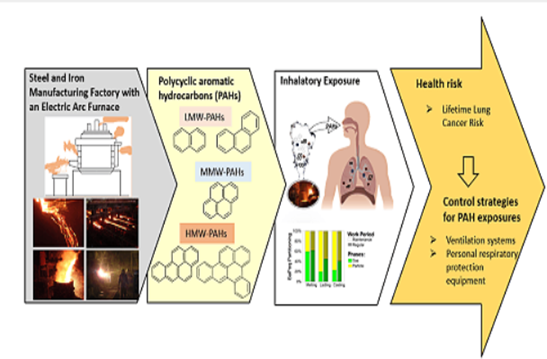PREVIOUS
Polycyclic Aromatic Hydrocarbons in space
July 18 , 2025
16 hrs 0 min
13
0
- Taurus Molecular Cloud 1 (TMC1) contains many small, closed-shell PAHs that surprisingly survive intense starlight.
- They make up about 20% of the carbon in interstellar space and are stable due to their ring-like structure.
- Polycyclic aromatic hydrocarbons (PAHs) are flat carbon and hydrogen molecules commonly found in space.
- Scientists from Australia, Sweden, and the UK found that indenyl cations cool quickly by releasing light (recurrent fluorescence), helping them survive in space.
- At the DESIREE lab in Stockholm, they saw these ions lose energy faster than other PAHs at extremely low temperatures.

Leave a Reply
Your Comment is awaiting moderation.


